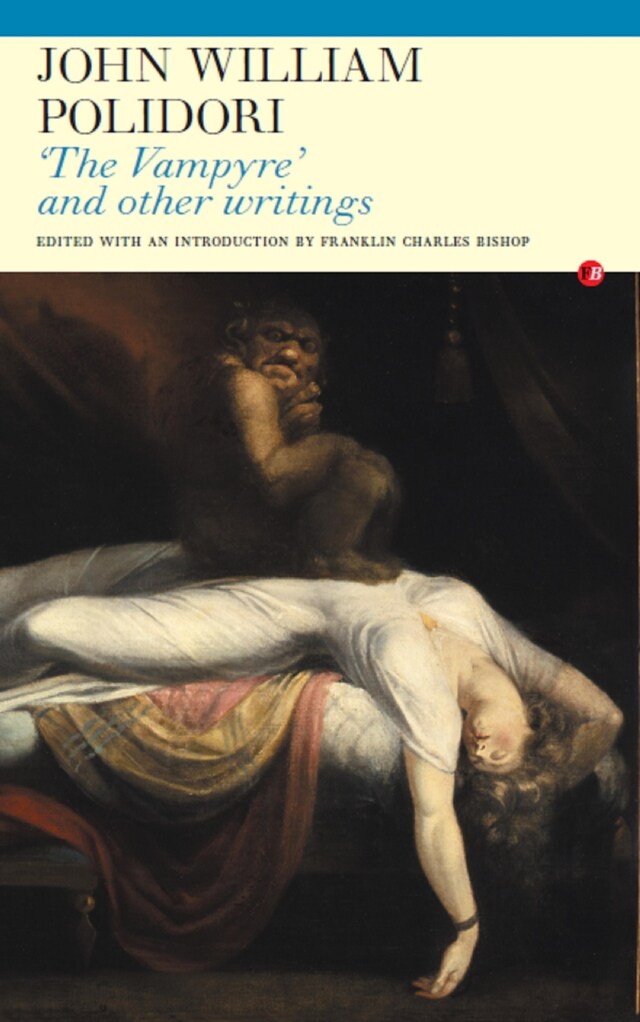
The Vampyre' and Other Writings
Description of book
June 18. Began my ghost story after tea. Twelve o' clock, really began to talk ghostly. [Lord Byron] repeated some verses of Coleridge's Christabel, of the witch's breast; when silence ensued, and Shelley, suddenly shrieking and putting his hands to his head, ran out of the room with a candle. (from the Diary of Dr John William Polidori, 1816) So Polidori (1795-1821) records one of the most famous storytelling evenings in English literature, the stormy night at the Villa Diodati that was the source of Mary Shelley's Frankenstein and his own tale The Vampyre, as well as his Gothic novel Ernestus Berchtold. Polidori's still-compelling works, included here in full, created figures of seductive evil that continue to exert a powerful hold over literature and popular culture. In addition, this collection makes available some of Polidori's fascinating lesser-known works such as his medical thesis on nightmares, his essay on the death penalty, his poetry and diary. Many of these have not been republished since the nineteenth century. Franklin Charles Bishop's introduction illuminates the context in which The Vampyre was written, This book, first published in 1993, collects Spark's essays on the Brontës, her selection of their letters and of Emily's poetry. Evident throughout are Spark's critical intelligence, dry wit, and refusal to sentimentalise - qualities that gave her own novels their particular appeal. At the same time, The Essence of the Brontës is Muriel Spark's tribute to the sisters whose talents placed them on a stage from where they could hypnotize their own generation and, even more, posterity.
 John William Polidori
John William Polidori 361 Pages
361 Pages